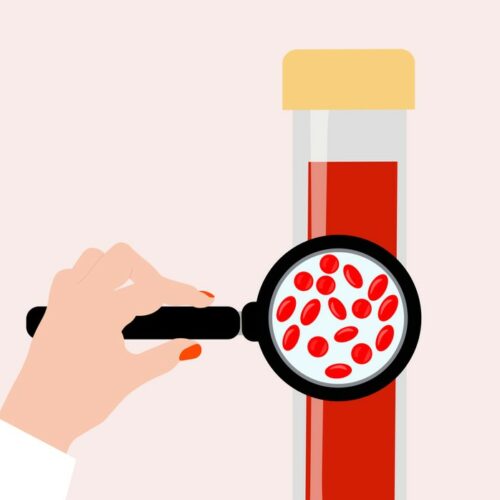
Discovering you have a life-altering medical condition can put you under great strain. Psychiatrist Neel Burton shares strategies to stay strong under pressure.
It can be hard to look after our mental health, especially when our physical health is suffering. Maybe you or someone close to you has been diagnosed with diabetes or a heart condition that will change what you’re physically able to do, or that requires a rethink of the lifestyle you’ve enjoyed.
Bad health news can leave us in a state of dread. It seems as if our whole world is falling apart, almost as if we’re being driven into the ground. We fear for the very worst and can’t get it out of our mind, or gut.
So how can we cope? Here are some cognitive strategies that can help us to deal with the news that things are going to change.
1 Deep breathing to calm emotions
It’s very important to regain control over our emotions after receiving bad news. Start by regulating your breathing. Breathe in deeply through your nose and hold the air in for several seconds. Then gradually let the air out. Let out as much air as you can. Carry on until you feel more relaxed.
2 Putting bad news in context (contextualisation)
Try to frame the bad news, to put it into its proper context. However bad it may feel, it is probably not the be-all and end-all of your life as you know it. Think about all the good things in your life, including those that have been and those that are yet to come.
Think about all the strengths and resources you will be able to draw on in your time of need — the friends and facilities. Try to imagine how things could be much worse and how they actually are for some people. Think of what you have (your job, your family, your friends…). Bad things are bound to hit us now and then, and it can only be a matter of time before they hit us again. In many cases, they are just the flip side of the good things that we enjoy. Many a bad thing is no more than the removal of a good one.
3 Negative visualisation
Now focus on the bad news itself. What’s the worst that could happen? Now that you’ve dealt with the worst, what’s the best possible outcome?
And what’s the most likely outcome?
4 Transformation
Try to transform your bad news into something that has positive aspects. Your bad news may represent a learning or strengthening experience, or act as a wake-up call, or force you to reassess your priorities. At the very least, it offers an opportunity to exercise dignity and self-control. You’ve been diagnosed with a serious medical condition. This is bad news – and it’s also the chance to get the treatment and support that you need, to take control, to fight back, to look at life and your relationships from another, richer perspective.
5 Physical wellbeing
Calm and perspective rely on mental wellbeing, which in turn depends on physical wellbeing. Be kind to your body. Make sure you get enough sleep and exercise, while also avoiding numbing behaviours, such as binge drinking and drug taking.
With regard to psychological health, exercise — even mild exercise, such as walking or gardening — decreases stress, improves concentration and memory, boosts self-esteem and directly lifts mood through the release of endorphins, nature’s antidepressants.
Other ways to give your endorphins a boost include: holding someone’s hand, giving and receiving massage, having a hot bath, laughing, singing, lighting a scented candle, and enjoying a delicious meal.
Neel Burton is a leading psychiatrist. His book Hypersanity: Thinking Beyond Thinking is out now. To find out more visit neelburton.com
You might also be interested in:
www.healthyfood.com













